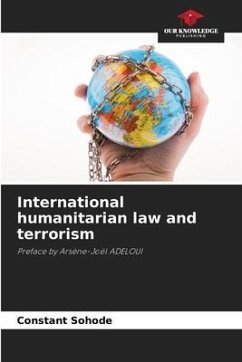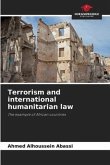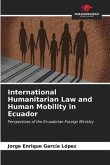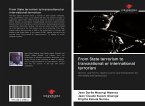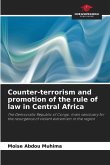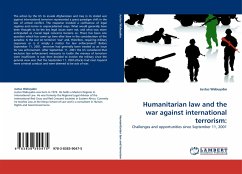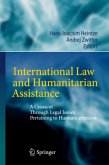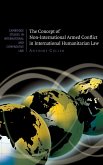Terrorism, a phenomenon as old as war, has evolved from a religious aspect to a political characterization. Since the attacks of September 11, 2001, the omnipresence of this moving phenomenon has provoked such a sudden reaction on the part of States that they have considered it as generating a state of war. This gave rise to the problem of the applicability of the Law of Armed Conflict to terrorism. The analysis shows that IHL has only been interested in terrorism for a long time. Its recent consideration is both incomplete and inadequate. The consecration of the war crime of terrorism has allowed the ad hoc criminal tribunals to determine its material and moral elements. However, several ambiguities persist with regard to the definition of terrorism and the confusion of previously distinct notions. On the one hand, international humanitarian law can only be applied to the fight against terrorism if it takes the form of armed conflict. On the other hand, the prohibition of the use of terrorism in armed conflict is absolute and its violation gives rise to a war crime, a crime against humanity or a crime of genocide.
Bitte wählen Sie Ihr Anliegen aus.
Rechnungen
Retourenschein anfordern
Bestellstatus
Storno

